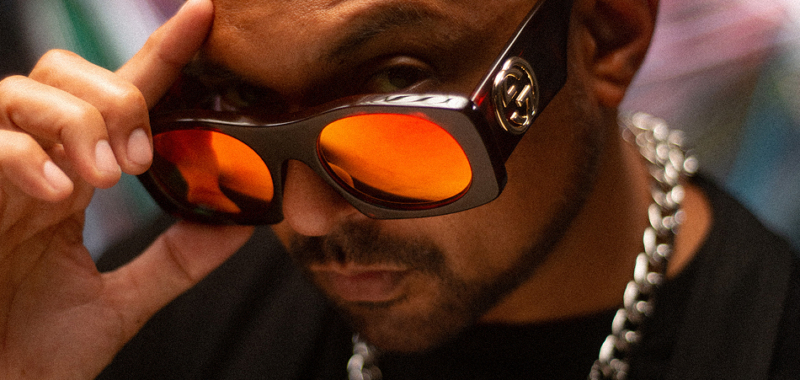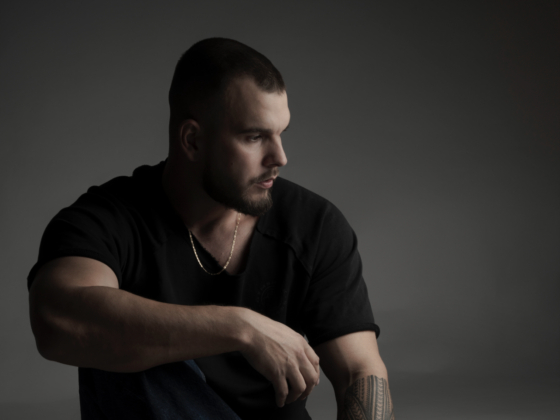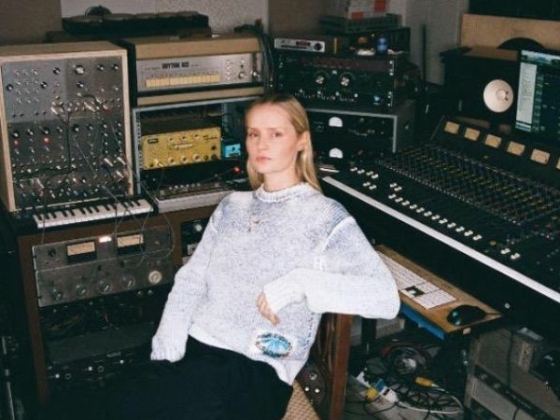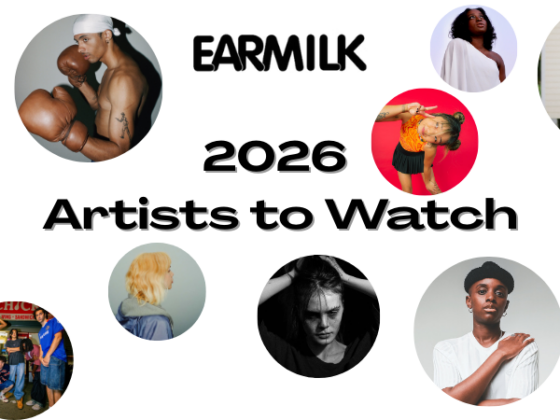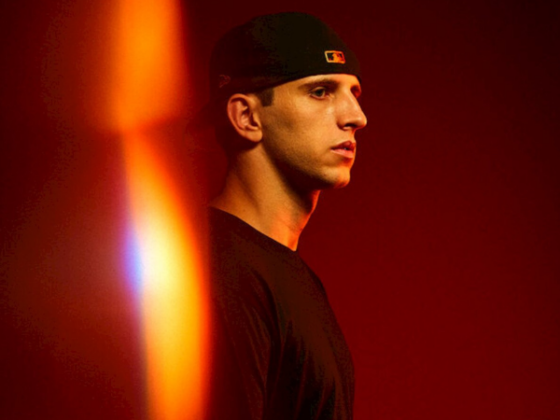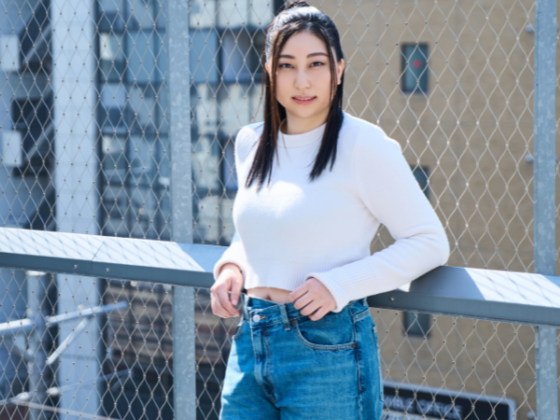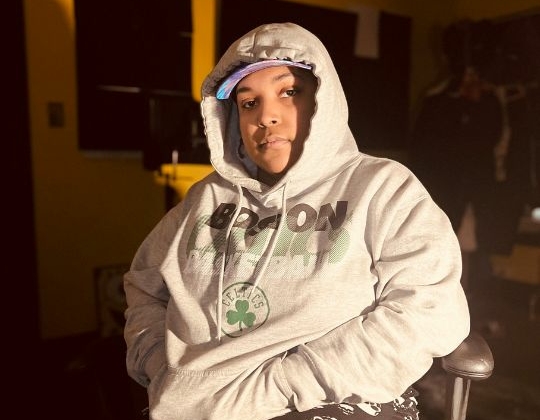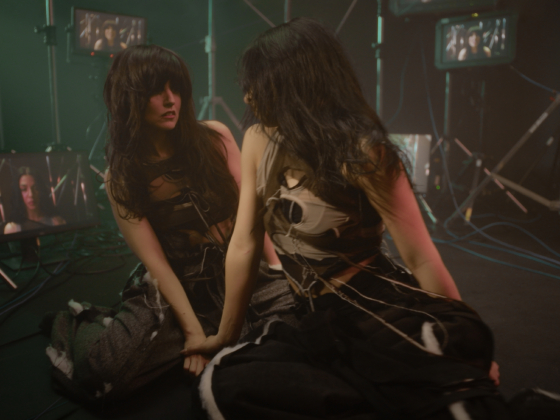If you turned on the radio, went out to nightclubs, or even just listened to your 13-year-old sibling's mixed CDs in the early 2000s, I can confidently guess the one name that would inevitably show up every time—Sean Paul. As one of Jamaica's most prolific exports, Paul (born Sean Paul Ryan Francis Henriques) brought dancehall to the masses in the early aughts via a simple trick of a fusion of sounds, with some of the more widely accepted hip-hop and pop beats at the time lining his viral songs, along with a myriad of highly coveted and successful collaborations (Beyoncé, Rihanna). When all these little factors came together—the quality of the production, the irresistibly contagious energy, the big names lit up next to his—he found himself in a fast-moving train, with screaming fans, sold out arenas, endless contacts, and even his own record label. And while two decades have almost passed since his breakout debut, that train never stopped moving. You simply stopped noticing it.
The truth is, though, Paul never really stopped working, save for the past year's inability to tour. His longest silent stretch between albums was five years long, between 2013's Full Frequency and 2018's Mad Love The Prequel, but in that latter album, he came back swinging, landing features from acclaimed artists like Dua Lipa, Migos, Ellie Goulding, and Jhené Aiko. Despite his veteran status in the industry, he's still considered one of the hottest names to have on a track, taking what would be an otherwise adequate pop or trap song, and polishing it up into a "oh my god, they're playing my song!" cry of every person who finds themselves near a dance floor. But for his latest studio album, Live N Livin', instead of bringing dancehall to someone else's song, he took the dancehall from his home country, and brought it back to his studio, collaborating with some of his own favorite names in dancehall today: Busy Signal, Suku Ward, Buju Banton, and more.
"Due to a lot of touring and stuff, when any artist gets a hit song in Jamaica, he immediately is touring in the Caribbean, or some parts of the states or London. So it was hard to put a project together like this." Paul has his phone propped up against a window, sitting upright in a black t-shirt and dark sunglasses that shield his eyes from the unrelenting sunlight that pours through. He's home in Jamaica, enjoying the envious good weather and the free time he now has to spend with family. "The last track is called 'Everest.' I named it, and reason being, it was the last track I did for the album, but it also felt like Everest to try and get to finish this album," he recounts, his famous accent noticeably elongated and smoothed over when he talks. "Because everybody's always busy. You know, we're a small island, but our vibes are very big. And so people love us to come rock the stage shows and whatnot. Well, with that being put on pause, it was easier, given more space and time to link Busy, link Bugle, link everyone and tell them to come to the studio. And at first, I was just going to put out a few songs in the early part of this year, and then some more at the end. But I decided to make an album of all the work and just put out two albums right now, which is unconventional for me." Alluding to his second studio album he's planning on releasing this year—on a yet undisclosed date in May—he immediately follows it up with a justification, recognizing the break in pattern. "I see younger cats doing it in the hip-hop game in Jamaica here, too. And it shows me that even though people might say music is all watered down now because songs don't last long, what's really happening is that you're actually just adding more songs to your repertoire. And to older generations, and even to my own, it kind of feels like 'oh, you know, so the music is not lasting,' but I've kind of come to an understanding of, when you are bombarded with information that [sic] we are nowadays, from the phone to the TV and radio, to what's happening on the internet, your mind gets, you know, a quicker pace of work, of interaction with people on social media, and just a quicker pace of thinking. Sometimes I see a post, a video, and someone will show me literally two days later, and I'd be, 'that's old!' So you have to keep that in mind. And that's all I'm doing, is keeping up with that pace. And honestly, in the dancehall world, we're used to— our records—we put out at least five singles a year here on a regular basis anyway, so it's not unfamiliar to me."

While "keeping up" is a concept that many artists are trying to manage, Paul selectively only uses it as an outreach initiative, careful not to let it muddy the waters of his actual production. Live N Livin', while an explosive dancehall project sixteen tracks long, revels in the purity of the genre, as well as some of the deeper messages hidden in plain sight. "There's a poet in Jamaica that I adore. His name is Muta Baruka," he begins. "He's a very conscious Rastafarian person, he came from the inner city in the ghetto, and he became very controversial by saying things in his poems, and also got a radio show that was very controversial. It has a lot of information on conspiracy theories, and things that are just just good stuff to check out, health wise, and all of that. And so, I've learned from his show a lot." In fact, Paul wasn't just moved by what this poet was saying, he was ultimately inspired to enlist him in one of the tracks, "Guns of Navarone," stopping the party for a few minutes, and addressing a topic closer to his heart—gun violence in Jamaica. "The song started with me and my producer. And I'm smoking outside, he didn't know I was outside, and the door for the studio is open and I'm hearing this rhythm and I'm like, this is dope, and I don't know why, maybe it's because of the news in Jamaica, the violence that we're having to deal with, these words are starting to come. And it's not something that I haven't learned from a Buju Banton song already, or maybe a Marley song, where they talk about, you know, the mom is crying, and talk about how you can kill someone today, but you can't kill their soul, you can't take away their soul. You know, our communities play with violence, and I just think that music should help to lead the way out of it." He continues, "I've had many friends that have died of violent means, and it's not a nice thing, you know, to hear these songs on the radio after that are glorifying violence. Now, what dancehall music or hip-hop music is supposed to do is tell you what's happening in the community, it's about being current. And even though the violence is happening, I think it's important to kind of go full spectrum and tell the full story of violence if you're going to do that. So this is one of those songs that is kind of telling this stupid side of the violence that we're seeing. So it's a big statement." He thanks me for recognizing and bringing up the song, but I sense that the thank you extends past just my own innocent interest in the change of pace. It signifies a gratefulness for being given the space to step outside of his party persona. Having released a handful of songs over the years that have tackled different moral issues, he momentarily laments being exclusively put in the "'Gimme the light' box," hoping that some of his more conscious work will one day share the same spotlight.
Despite this strong message, the most prevalent theme in Live N Livin' remains to be in the same vein of what Sean Paul has always advocated for—collaboration. "The theme of it is collaboration over clash for me. In the dancehall genre, we don't do enough collaborations, but we do—year to year [sic]—have clashes, people who don't like each other, and for no reason. And it's helping to glorify the violence, and it's helping to make people more complacent with violence. I don't really like to see that. And so the collaborative effort, there's some people on this album people would never think would be on the same album together, like Intence and Skillibeng, younger artists. Most of the vloggers out here are kind of pushing them against each other because of what's been said in their lyrics. This album is an effort to kind of bring everyone together in collabs, and just do good party music and also music for people to think about." This line of thinking extends into everything Sean Paul does, or more decidedly, what he doesn't do, including Verzuz battles. "A lot of people said to me, 'Verzuz' is not even clashing," he starts, "and I've heard that clashing is like sports. But to me in sports, there's a lot more discipline, even in boxing, there's rules in what you wear, you train a lot, you have to be in a certain weight category to fight the other person. So it's not fair for me to go up against someone in my genre who probably doesn't have as many hits as me. So, I didn't like being put against someone else. You know, there's a big highway that Bob Marley paved for me to walk on, and bring others and then—on that platform, on that highway— like, show everybody how good I am against that guy? I didn't want to do that."
Over his two decades of writing, performing, and even producing, Sean Paul has celebrated countless private and public moments, passing milestones no one ever imagined he would reach. His favorite collaboration? Rihanna. Song he's most proud of? "Temperature." But in truth, his biggest accomplishment to date isn't the number of tracks he's released, the trophies sitting in his den, or the stadiums he's privileged to perform in. It's his ability to stay authentic to not only his sound, the same one that has paved the way for mainstream artists like Rihanna, Major Lazer, even Drake, but to himself as well. "The biggest difference? Well, I would say it's been the the impact of the internet," he answers after a moment of thought, faced with the question of what's been the biggest difference in the industry he can discern since his debut."But one thing that I do see as kind of an obstacle put in our way, was just how you could get lost as a young artist." Referring to the detriments of social media, he goes on to explain, "and then because you don't want to get lost, you start doing more outlandish things, right? That probably would be considered a no, no back in the day, or something that's not really worthy of promoting. But nowadays, the thought is any promotion is good promotion, which has been a saying for a long time, but now people are actually taking advantage of that under social media, to compete with all of the things that are coming and going. And that to me is a negative because it it is not always authentic. And I guess it will be up to the person who's actually experiencing that whole thing or experience to kind of decipher whether this is good or not. And then it does kind of show you, like, somebody who does some crazy stuff on the internet or on their Instagram, it's gonna get more views than a person who was actually a great musician, and has a hit song there. So it's weird."
With all that being said, even with all the advancements made in the past twenty years, and the adjustments that had to be made, Sean Paul's train is still moving, at an unexpectedly fast speed. Blink, and you might just catch it the next time you turn your radio on.
Connect with Sean Paul: Spotify|Instagram|Twitter|Facebook

